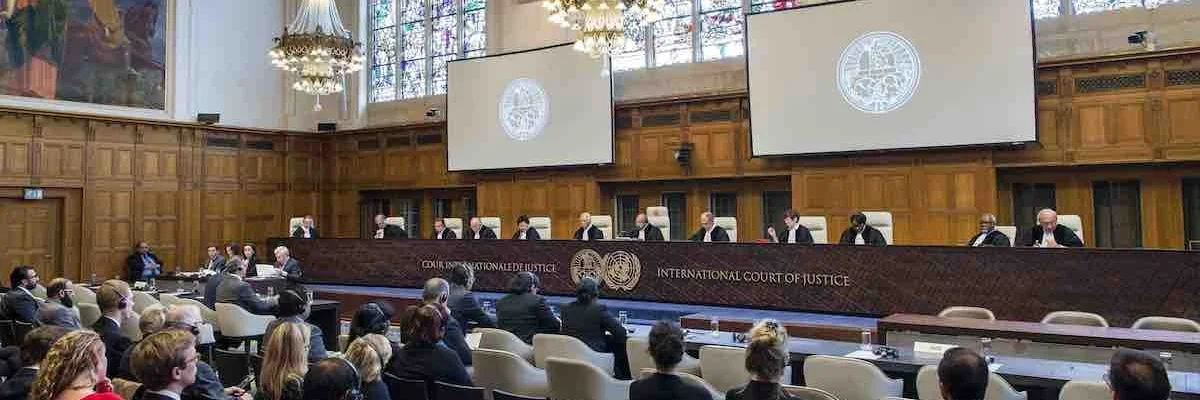US Rules Out Iran Sanctions-Related SPR Release
This article has been republished with permission from Argus Media.
The US Department of Energy is not planning to tap into emergency petroleum stocks despite concerns over the impact of oil sanctions on Iran, energy secretary Rick Perry said last week.
"If you look at the Strategic Petroleum Reserve (SPR) and if you were to introduce it into the market, it has a fairly minor and short-term impact," Perry said at a briefing last Wednesday. The US administration will begin enforcing sanctions on Iran's oil exports on 5 November but they appear to have forced many buyers to already wrap up business with Iran. Iranian crude loadings were just over 1.8mn b/d in the first two weeks of September, down by 400,000 b/d from the first half of this year, according to Argus estimates.
"I am comfortable that the world's supply can absorb the Iran sanctions that are coming," Perry said. "My thought would be that the market has already adjusted to those."
Perry earlier this month held talks with Saudi oil minister Khalid al-Falih and Russian energy minister Alexander Novak to assure the markets that combined supply from the three major global producers would be sufficient to offset the decline in Iranian exports.
The Opec and non-Opec's joint ministerial monitoring committee, meeting in Algiers on 23 September, expressed satisfaction with current market conditions, and said the group's focus shifted to 2019 production levels.
But Perry insisted that "we have got some opportunities to fill the void as the sanctions go into place in November." He listed the increase in US crude production, which is projected to rise to 11.5mn b/d in 2019 from 10.66mn b/d in 2018, and the possibility of resuming output in shared shut-down Neutral Zone between Kuwait and Saudi Arabia that he said could add 250,000-300,000 b/d. Additionally, another 250,000 b/d can be added to global supply if Iraq's central government removes restrictions on exports from the Iraqi Kurdistan, Perry said.
That view is guiding the US administration's determination to enforce sanctions on Iran and to achieve a substantial reduction in oil exports from that country. "We will ensure prior to the re-imposition of our sanctions that we have a well-supplied oil market," US State Department special Iran envoy Brian Hook said last week.
The decline in exports from Iran is among the factors driving up oil prices—a sore point for President Donald Trump who has criticized Opec and its leading producers and demanded yesterday that "they start lowering oil prices." US retail gasoline prices averaged USD 2.844/USG in the week ended 24 September, a 10pc increase on the year.
Al-Falih has downplayed Trump's remarks, saying that Opec does not target higher prices and instead focuses on the adequacy of supply.
Perry today said the relationship between the US and Saudi Arabia is "as good as it has been" in recent memory and that Saudi officials understood Trump's recent remarks.
"I think they understand that we live in interesting times. I do not think they are particularly knee jerk when something is said by me or the president—they understand this is probably one of the best relationships with the US that they have ever had," Perry justified continued outreach to Opec members. "You need to understand that we are not having these conversations in a vacuum," noting that Chevron and other US companies also operate in Opec countries. "Everything that we can do to send a message to a global market, we are going to do everything we can within reason to keep a stable supply and stable pricing of the cost of energy—that is a good message."
Perry said he did not have a view on where the oil prices ought to be. "Is there some potential for some price spikes? Sure, there are a lot of things that can happen, but I will not speculate on that because they have not happened."
Photo Credit: Wikicommons




